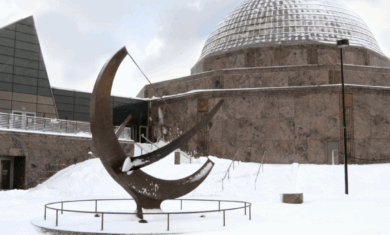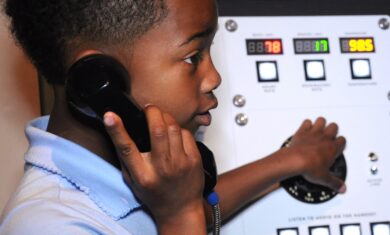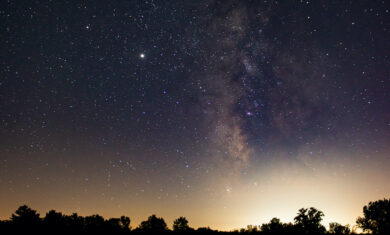Reading List: The Best Space Science And Astronomy Books
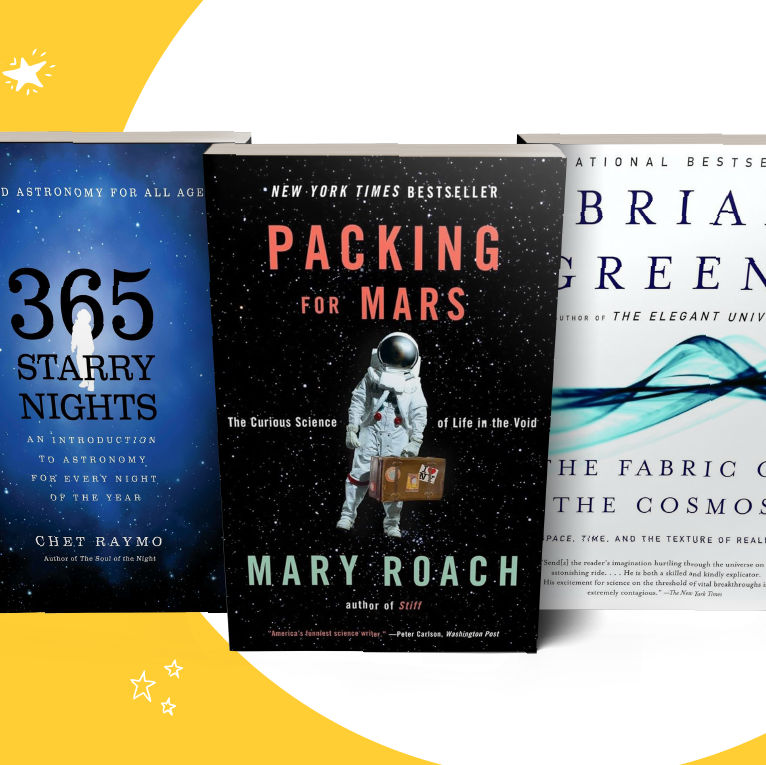
Header Image: Assigned Reading graphic displaying books.
As adults, we rarely get assigned reading. Which, honestly…is a SHAME. The thrill of earning prizes like a personal pan Pizza Hut pizza or holographic stickers from the local public library for completing your summer reading was unmatched.
For our forever learners, we wanted to make this blog extra special for you.
Reading List: Best Astronomy Books
Usually, books are paired best with a cup of tea or coffee, but these suggestions pair best with binoculars and/or a clear night sky. Preferably both!
We asked our staff to hand-pick a few of their personal favorite space-themed books. We hope you find one of your new favorite reads below.
A Book For People Who Love Stargazing
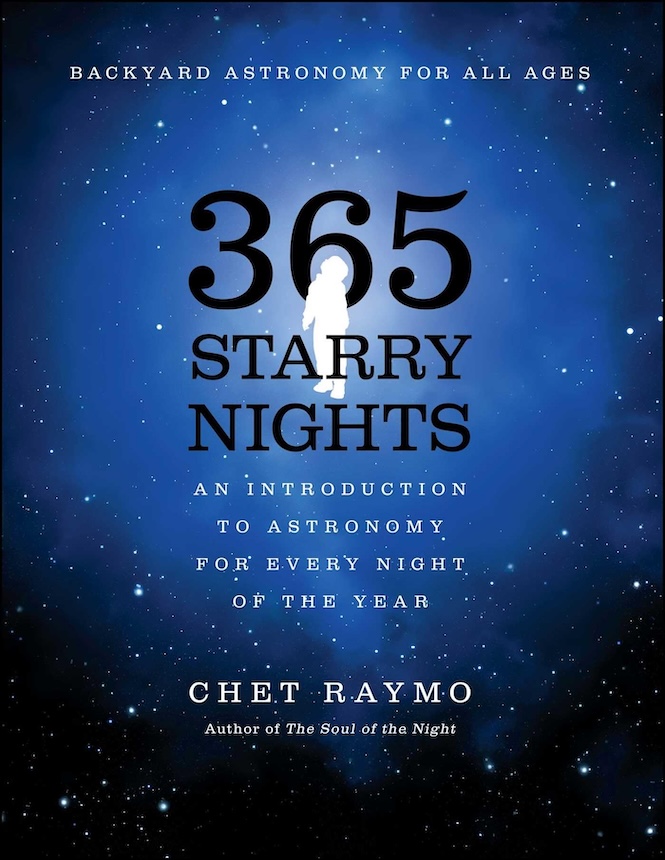
365 Starry Nights by Chet Raymo
These 365 illustrated essays will show you how astronomers see the stars. You’ll learn how to use your own observations to calculate a star’s age, brightness, and distance from Earth.
“As a total astronomy beginner, this book has been super helpful to build my familiarity with the night sky,” Teen Programs Manager, Lauren Wisbrock, states.
Assigned by the Adler’s Director of Public Observing, Michelle Nichols.
A Book For People Who Are Obsessed With Space Exploration
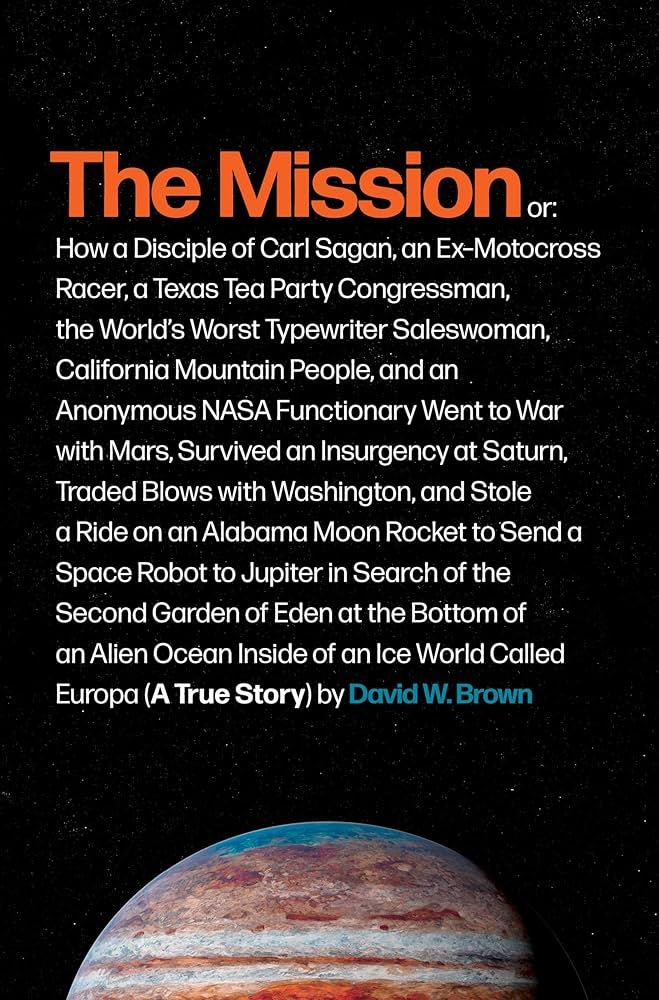
The Mission: A True Story by David W. Brown
A never-before-told story of modern space exploration, and the inner lives of scientists who study the solar system’s mysterious outer planets.
“A great look at the behind-the-scenes of what it actually takes to get a space mission off the ground,” Mike Smail, said.
Assigned by Senior Director of Theaters & Visualization, Mike Smail.
A Book For People Who Can’t Wait To Colonize Mars
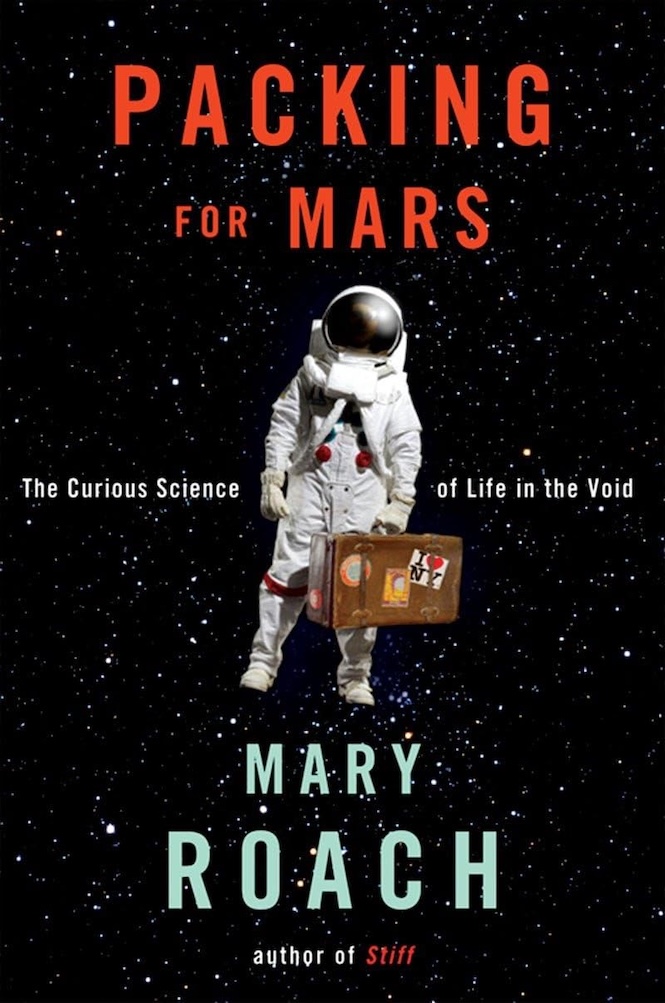
Packing For Mars by Mary Roach
Are you ready to unpack the scientific side of space travel, even the gross bodily functions like going to the bathroom in space? Hold on to your seats (because there’s no gravity in space).
“Packing For Mars shines a light on the craziness of space travel, such as how space affects human bodily functions and how the mental and physical aspects of spaceflight are tested,” Dr. Mike Zevin, states.
Assigned by Adler Astronomer, Dr. Michael Zevin.
A Book For People Who Are Interested In The History Of Astronomy and Astrology
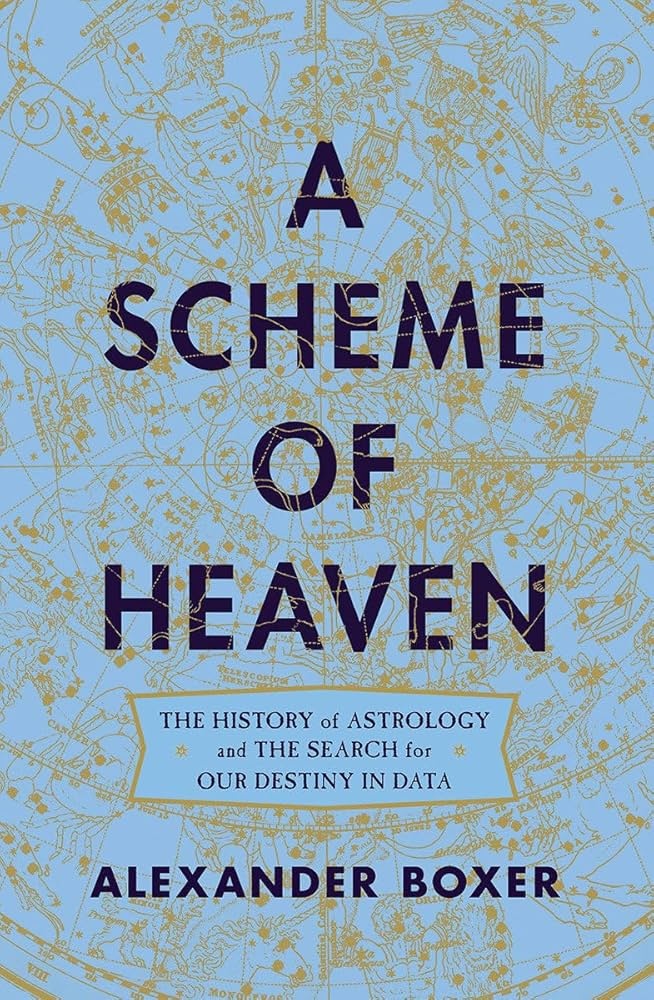
A Scheme Of Heaven: The History of Astrology And The Search For Our Destiny In Data by Alexander Boxer
Perfect for any history or data science nerd, dive into the surprising history and science of astrology, civilization’s first system of algorithms, from Babylon to the present day. Horoscopes were once a cutting-edge scientific tool, and astrology was a vast, technological project—spanning continents and centuries—that foreshadowed our data-driven world today.
Assigned by the Senior Manager of Facilitations, Ani Schmidt.
A Book For People Interested In Light Pollution And Environmental Justice
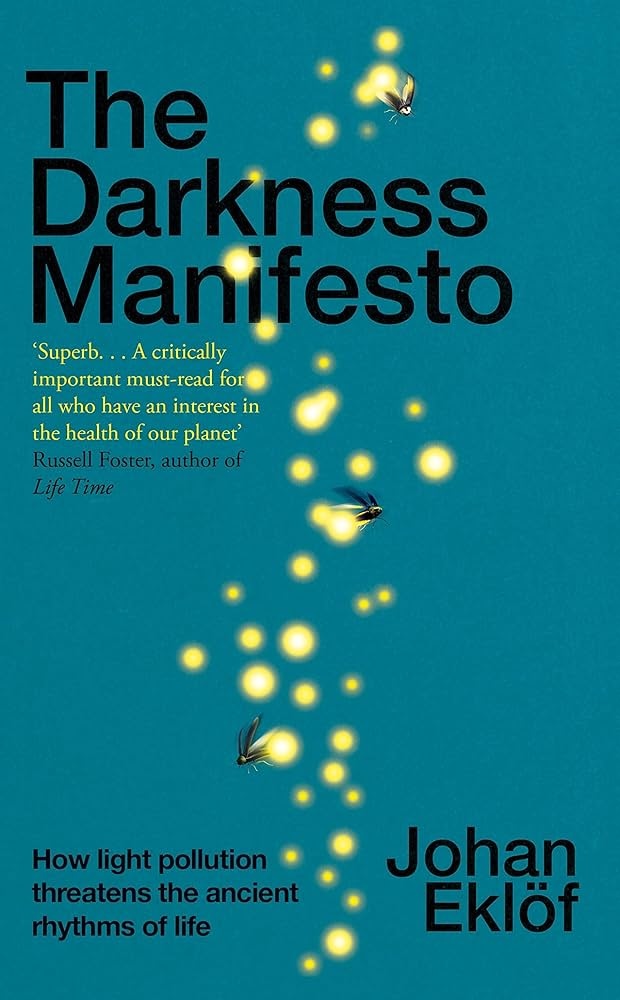
The Darkness Manifesto by Johan Eklöf
A timely and captivating look at the hidden impact of light pollution. Darkness may not be as scary as we think, leaving you with an understanding of the impact of light pollution on wildlife with an ecological and evolutionary perspective.
“The chapters are super quick, focused, and digestible,” said Lauren Wisbrock.
Assigned by Adler’s Teen Program Manager, Lauren Wisbrock.
A Book For People Who Are Interested in Mind-Blowing Astrophysics

The Fabric Of The Cosmos by Brian Greene
Greene breaks down the brain-melting science of space and time for general audiences. If you’ve heard of relativity but you don’t actually know what it is, this book is for you.
“I read this book when I was in graduate school for creative writing and spent the next several months screaming in everyone’s face about how time is an illusion,” said Aubrey Henretty.
Assigned by the Adler’s Manager of Science Content and Communication, Aubrey Henretty.
A Book For People Who Love Celebrating Anniversaries
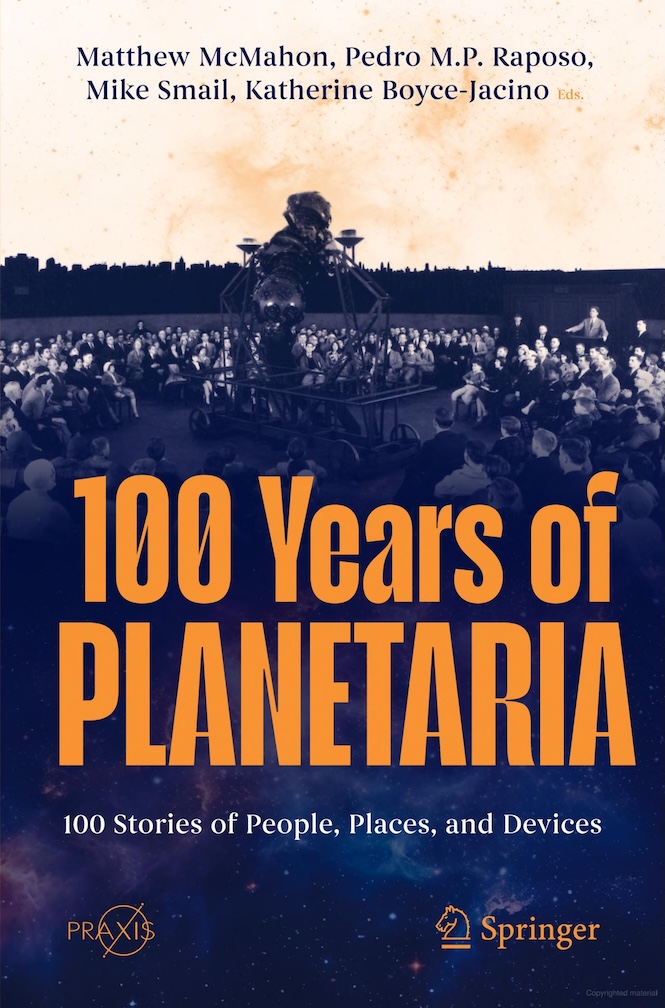
100 Years of Planetaria: 100 Stories of People, Places, and Devices
It’s been 100 years since the first planetarium captured the public’s imagination! To celebrate, this book shares 100 stories, each told by an expert, scientist, historian, or planetarium professional, some of whom may be familiar to readers as former and current staff of the Adler Planetarium.
“The planetarium is the original immersive environment. Before Sphere, before Immersive Van Gogh, before virtual reality there were planetariums. Created 100 years ago to allow people to visualize the motions of the celestial bodies in the sky, the planetarium has always been a physically and emotionally transportive experience,” Mike Smail, states.
Assigned by Senior Director of Marketing, Erin Wilson.
Never Run Out of Space
As your spaced-out summer transitions into a fall-out fall, keep up with our cosmic shenanigans at the Adler. Get your fill of mildly-educational and highly-entertaining space hijinks straight to your inbox, all year long.
In our bi-weekly newsletter, Space From Home, we give you the rundown on breaking space news, share fun things to click on, and keep you up-to-date on all things Adler.




